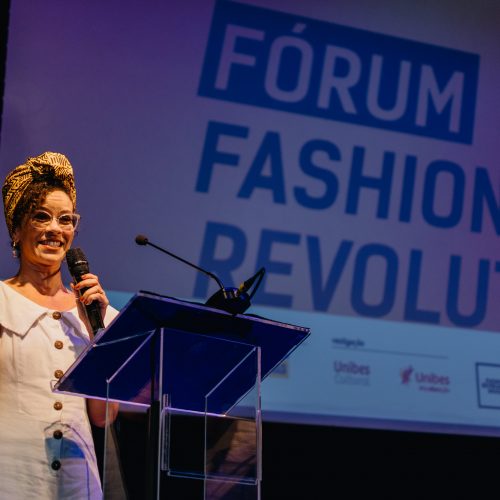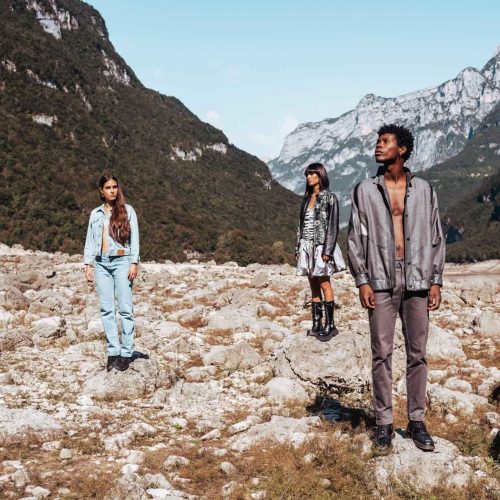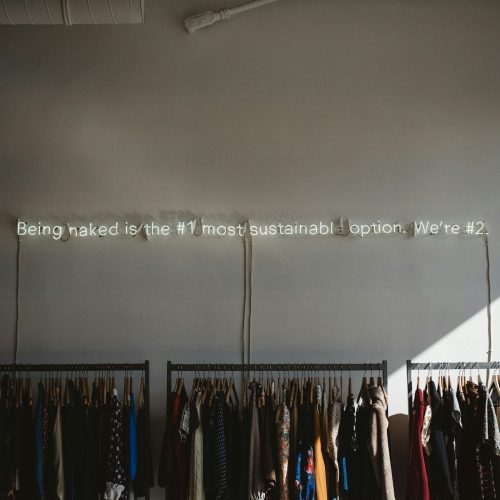White Milano 2023 | Where Made In Italy Comes With Innovation And Craftsmanship
White Milano brought together the characteristics of the Made in Italy legacy with a luxury and unique aesthetic research inspired by handcrafted values from all over the world. From February 24-27, the Tortona fashion district's highly awaited fashion and design exhibition provided a range of over 300 brands in its new edition.
To receive the Luxiders Newsletter, sign up here.
WHITE | Sign Of The Times was back during Milan Fashion Week, and it opened its doors in the Tortona Fashion District region with its extensive content exhibition and an even more sophisticated focus on building new links between the market and worldwide innovation. This new edition was also accomplished with the assistance of the Ministry of Foreign Affairs and International Cooperation (Maeci) and the Agency for the Promotion of Italian Companies Abroad (Ice), as well as in collaboration with Confartigianato imprese.
"The collaboration between Confartigianato and White, represents an important opportunity to enhance Italy's craftsmanship excellence on international markets,” says Moreno Vignolini, president of Confartigianato moda. Fashion is a strong asset of Made in Italy, thanks to the contribution of small and medium businesses, interpreters of creativity and ancient skills, protagonists of tailor-made inspiration, personalization, and obsessive attention to detail. Confartigianato is at their side to accompany them into the future, focusing on sustainability as a distinctive factor and to affirm the artisan value of the products, a mix of tradition, design, research, and innovation”.
WHITE dedicated five rooms to five new generation worldwide talents, carriers of independent creativity with a strong aesthetic and conceptual effect. The Secret Rooms' narrative line is changed with each edition, influenced by the aesthetic codes of the designers involved from season to season. A scouting project that consistently receives public approval, thanks to an in-depth selection process curated by Massimiliano Bizzi and the WHITE creative team, which takes into account important aspects such as stylistic code innovation, sustainability, and a non-conformist vision with an international footprint.
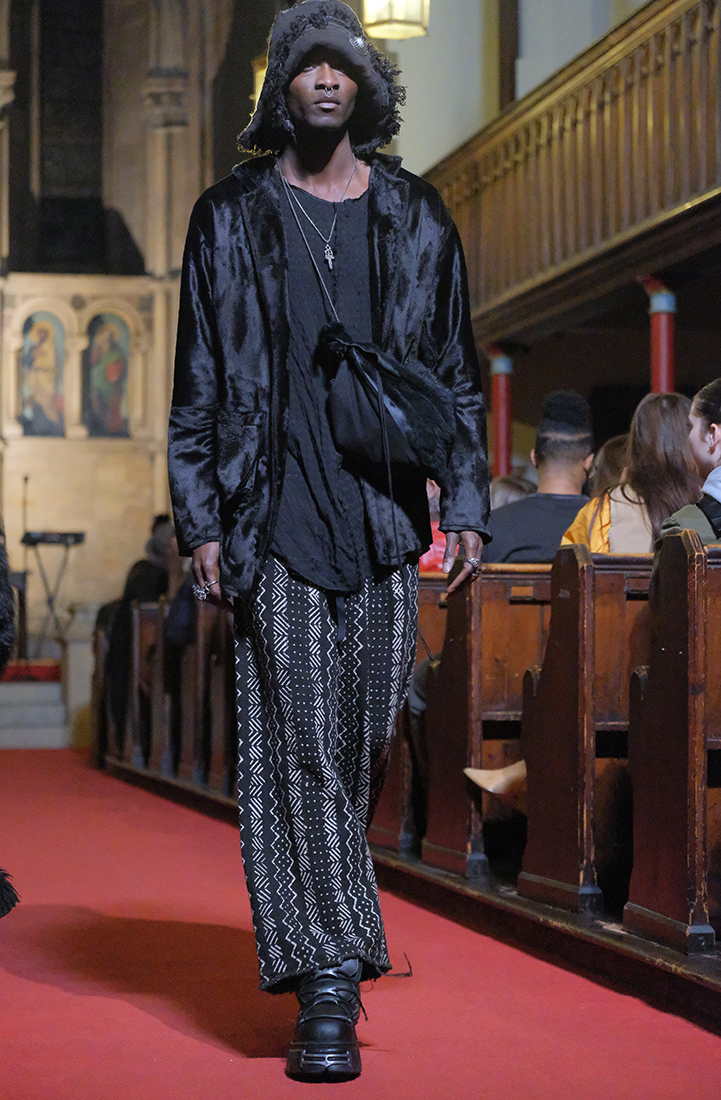
Olubiyi Thomas Nigerian Gothic show © Pat Lyttle
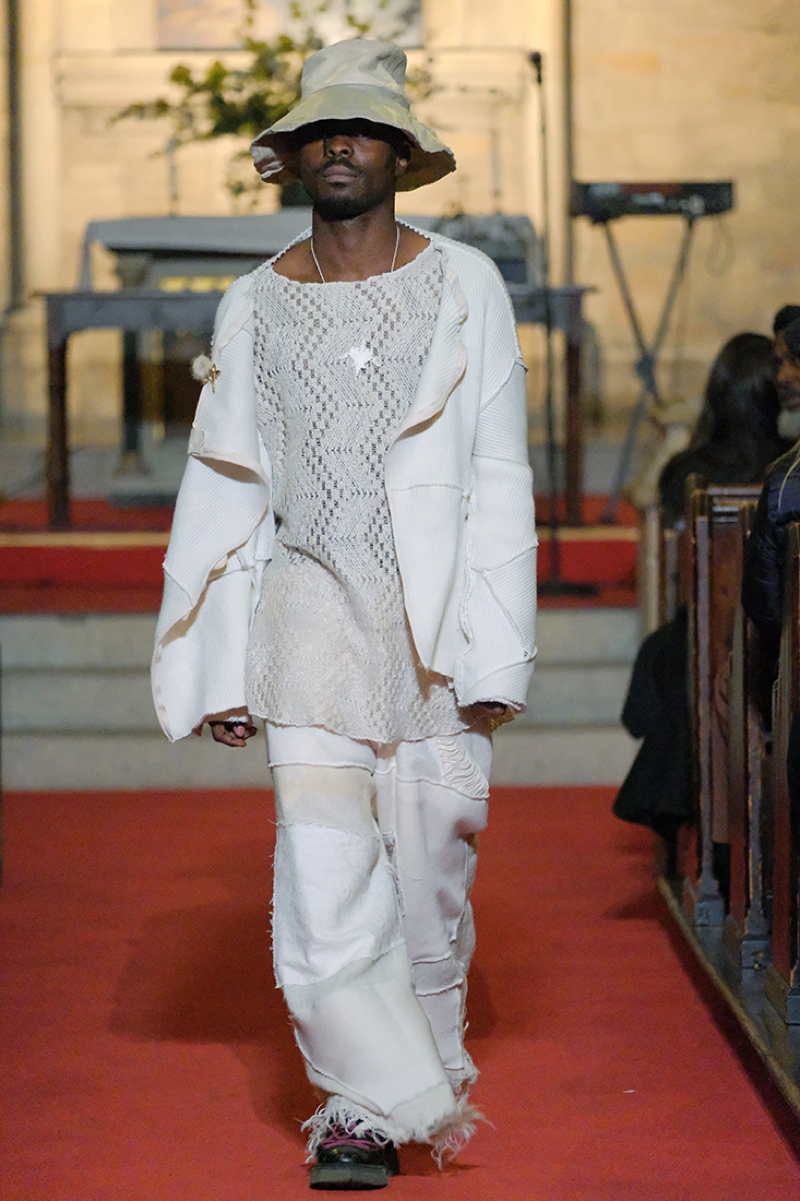
Olubiyi Thomas Nigerian Gothic show © Pat Lyttle
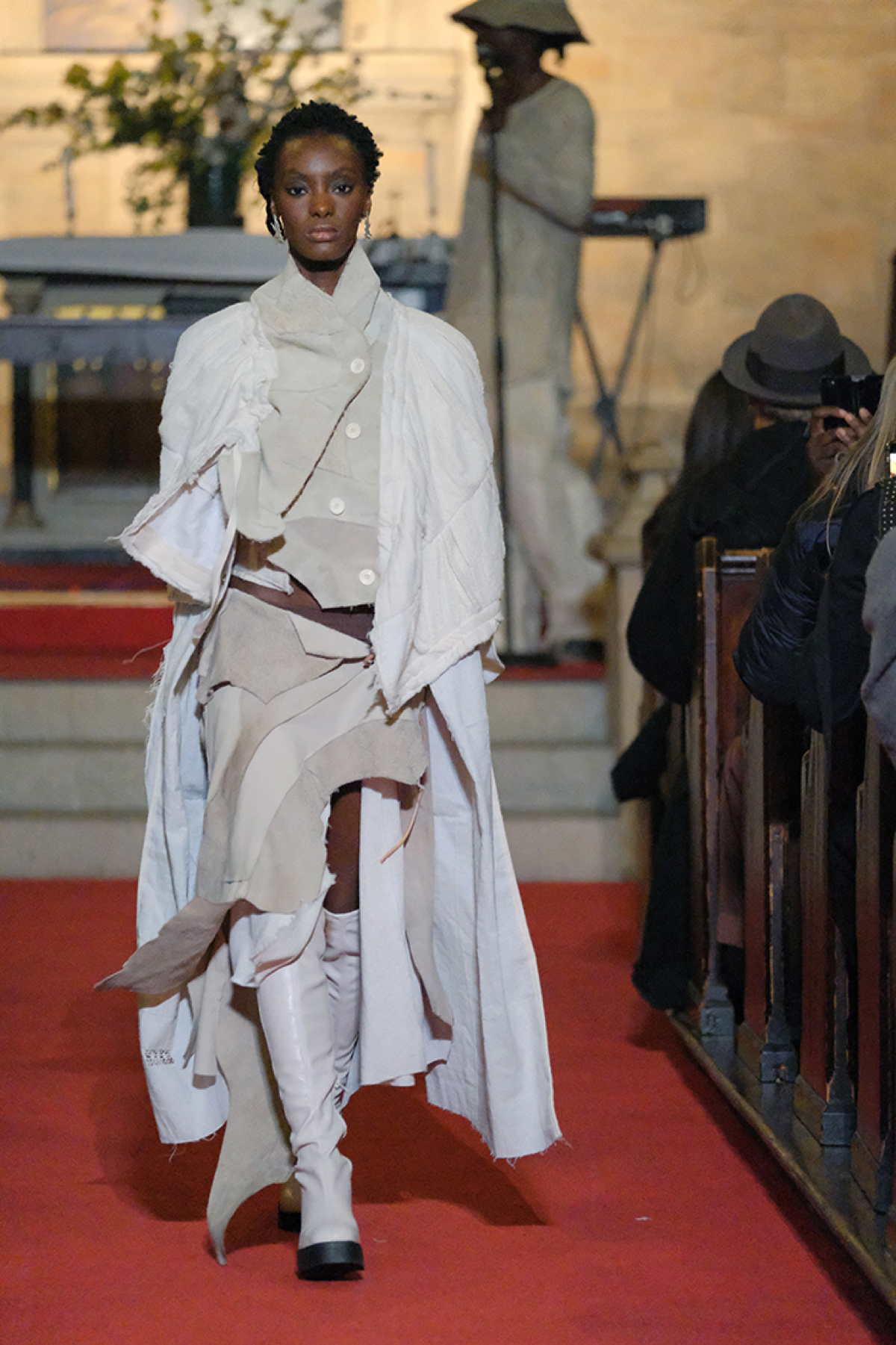
Olubiyi Thomas Nigerian Gothic show © Paty Lyttle
SECRET ROOMS
The brands showcasing in the secret rooms were Dreaming Eli by Italian designer Elisa Trombatore. Her designs and brand essence are rooted in body positivity, female empowerment, and sexual freedom. Her collections explore themes of independence, liberation, and freedom of expression, emphasizing the allure of femininity's latent contradictions and having as the ultimate goal to empower women through design, giving them tools to rebel against stereotypes and glorify their true selves. Studio Pansters is the next brand, founded by Dutch designer Lieke Pansters, who is a specialist in hand-weaving techniques used in fashion and interior design. Lieke weaves everything by hand in her Amsterdam studio, producing unique elements in each garment by purposefully manipulating the cloth while weaving, each piece, as an anthem to imperfection.
The material used for the garments is wool, the most sustainable and the most innovative of natural fibers. Once the pieces are weaved, they are felted by being boiled and agitated with hot water and soap to give them body and structure. Next is Romeo Hunte from Brooklin, who embodies the ideal balance of creativity and functionality. Having an aesthetic that is edgy but polished with a combination of feminine and masculine elements. The brand is known for producing flawless transitional but transformable items. Many of Hunte's designs are classics, but he reinvents them by deconstructing them with zip-offs or creating hybrid outfits that successfully combine denim and sweatpants fabrics for example. Beyoncé, Lewis Hamilton, Maluma, Hailey Bieber, and even Michelle Obama, the former first lady of the United States, are fans of his designs. Riz Poli is a brand that was born from Pablo Neruda’s poem "Ote to bread". Riz Poli's goal is to represent the independent image of today's woman: it may be anybody, any profession, or any personality.
It has nothing to do with their look, age, or identity, but solely with themselves. This attitude underlines the brand's meticulous selection of honest, simple, and natural materials, as well as its efforts to develop, polish, refine, and establish its style. Last but not least is Olubiyi Thomas, a Central Saint Martins talent from Lagos, who started his career as a designer at Alexander McQueen in London. He then established his label, which takes an artisanal approach to ancient textiles, with rough features and a deconstructed avant-garde look that is very feminine. The brand investigates themes of multiculturalism and hidden identities, inspired by its creative director Olubiyi's Nigerian roots and Scottish education. Olubiyil, reimagines the connections between British postcolonialism and African cultural history. Each piece is handcrafted in London using carefully chosen sustainable and artisanal materials.
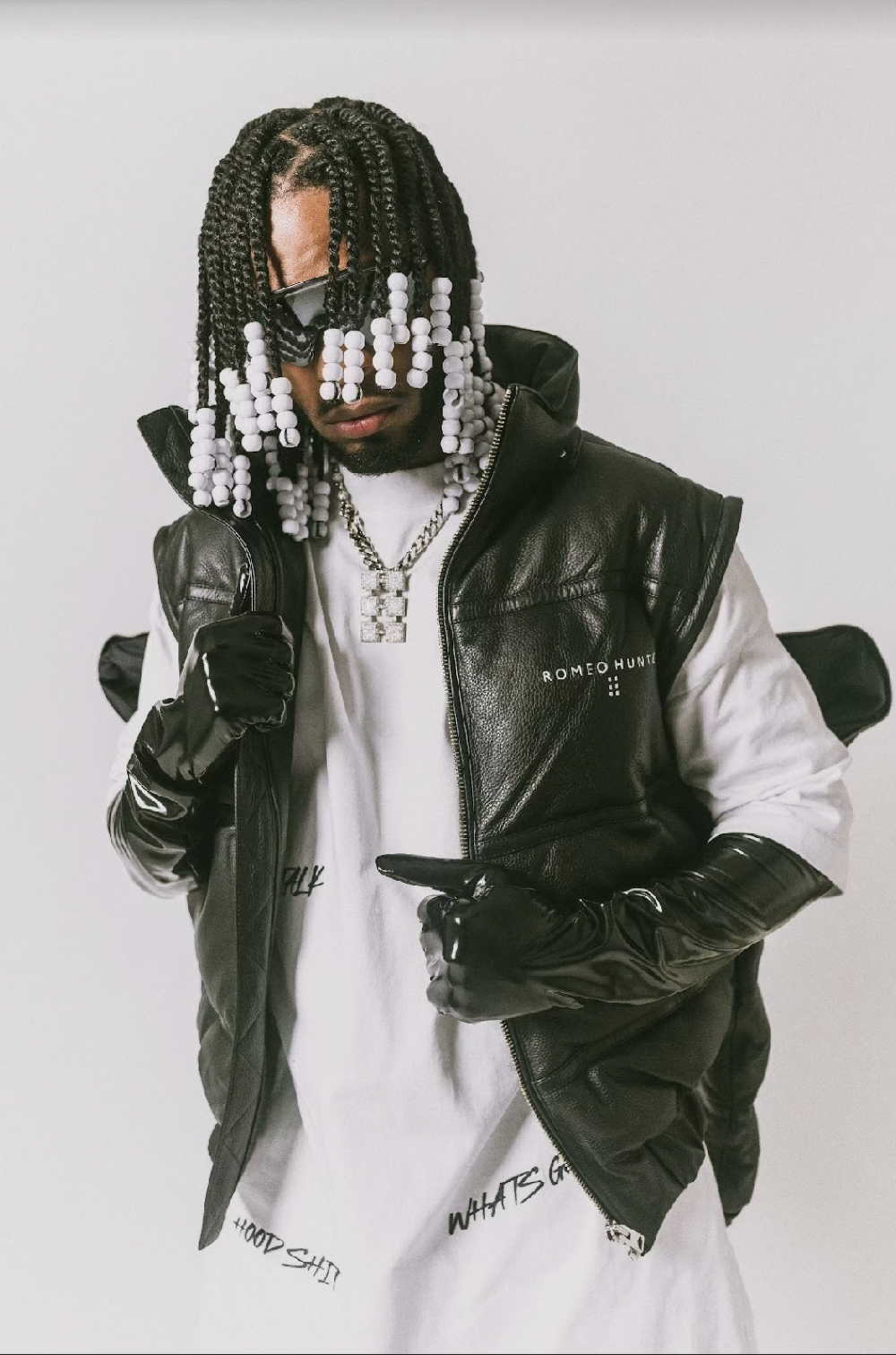
© Romeo Hunte
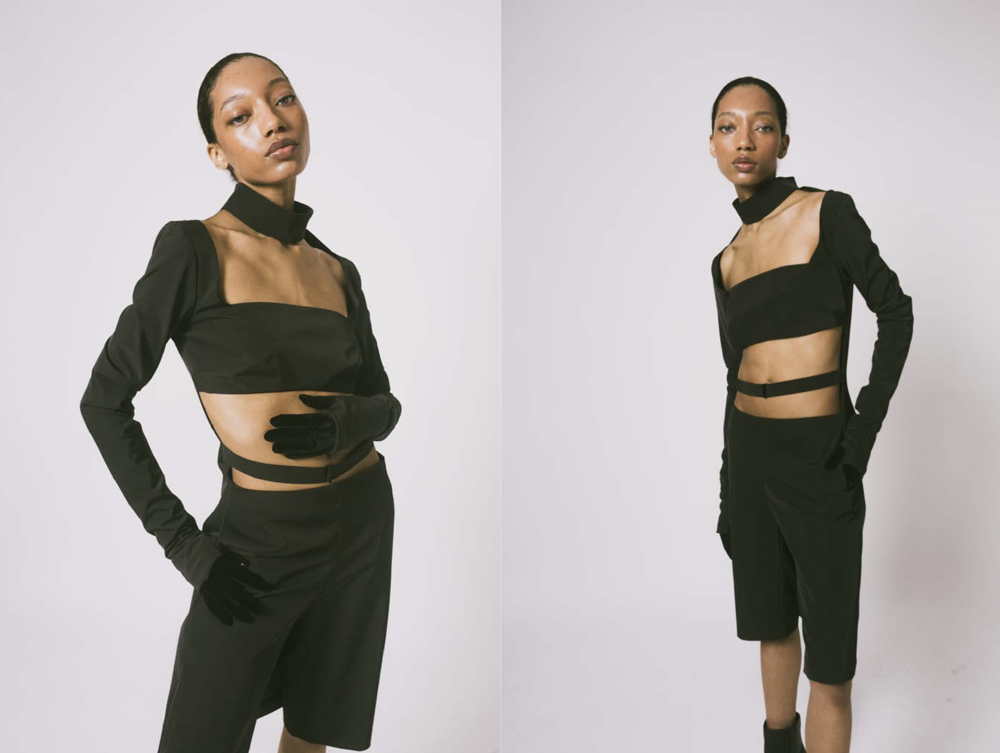
© Romeo Hunte
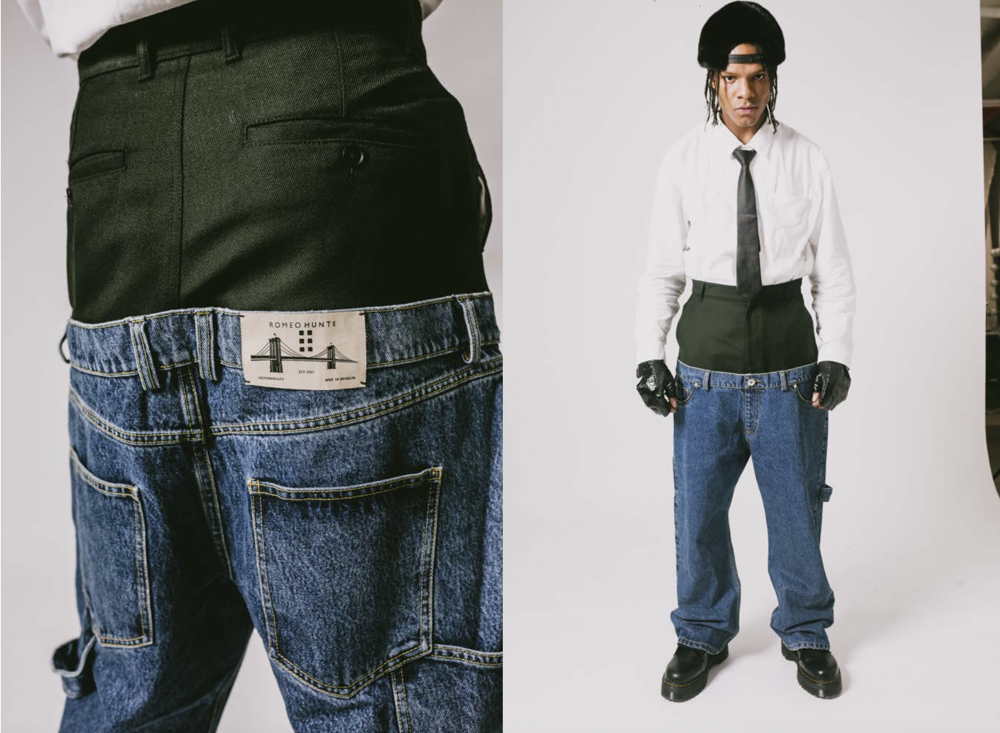
© Romeo Hunte
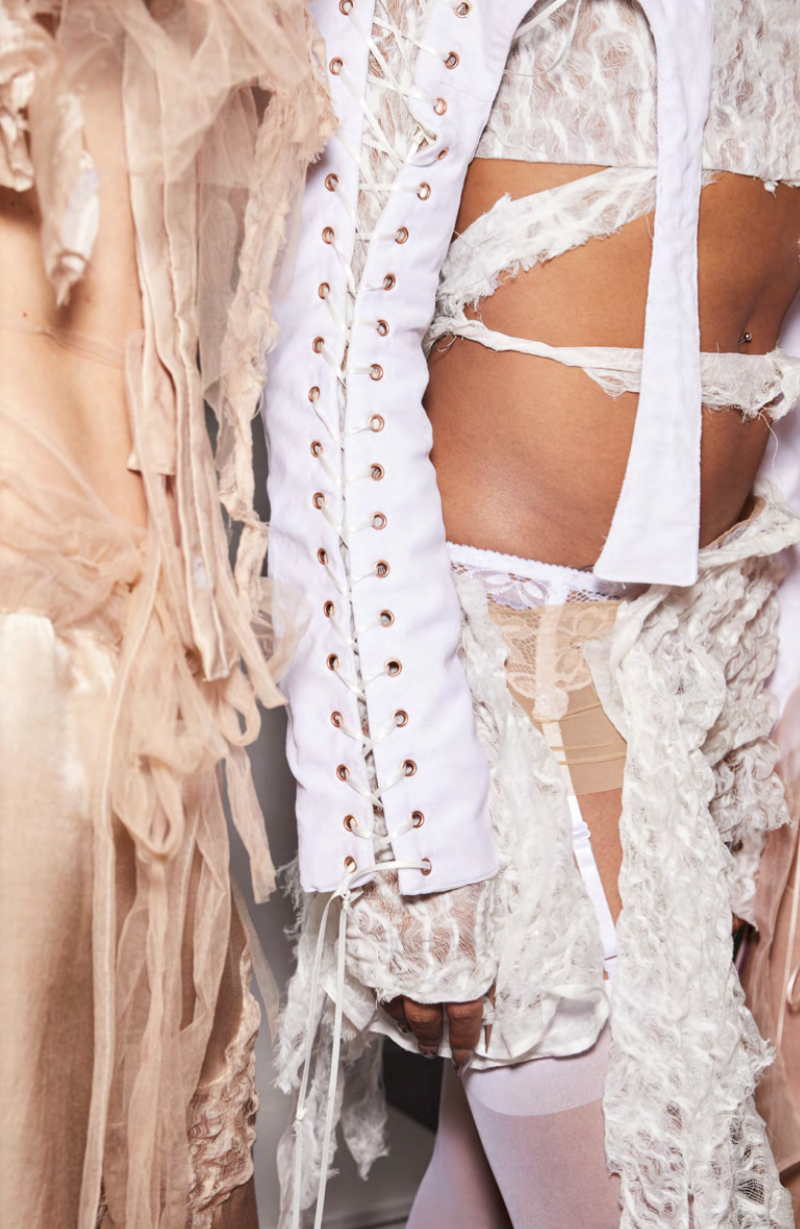
© Dreaming Eli by Elisa
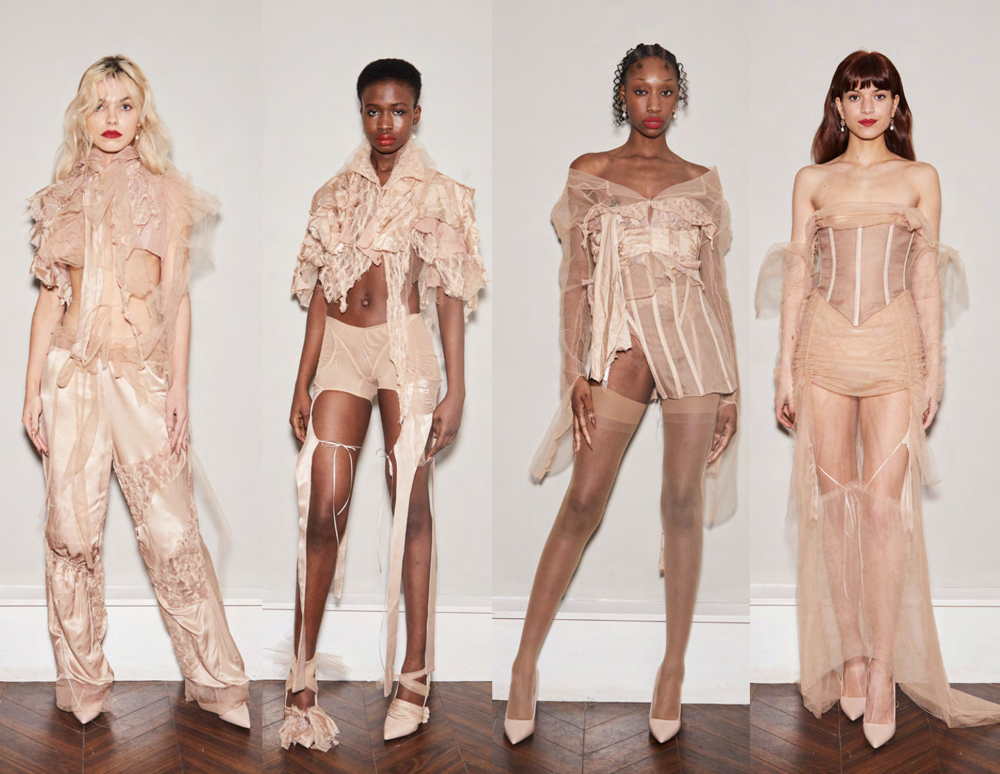
© Dreaming Eli by Elisa AW23
INDIGENOUS FASHION ARTS
Indigenous fashion designers from Canada were exhibited at White for the first time. Making it a unique opportunity to honor First Nations, Inuit, and Métis voices, stories, and talent. The selected designers draw inspiration from traditional to modern ideas of Indigeneity, borrow from a variety of urban, glamourous, and futuristic designs, and represent a diverse spectrum of Inuit, Métis, and First Nations peoples. The first designer is Erica Donovan from She Was A Free Spirit. Her jewelry reflects her profound affection for her hometown and culture; she can bead ethnic designs observed on parkas worn for ceremonial dancing using the brick-stitch technique. She also uses strips of seal skin and moose hide in her works, and she is inspired by sunsets, mixing bright, vivid bead colors. Evan Ducharm is next on the list, providing a wardrobe of separates, outerwear, and eveningwear. Ducharm addresses Métis history and cultural iconography, as well as gender fluidity, in his art, and is also committed to environmentally conscious practices. His most recent work incorporates a mesh fabric with hand-embroidered yarn inspired by a Métis woven belt. Lesley Hampton, a Toronto-based Anishinaabe designer, debuted her size-inclusive sportswear and evening gown collection in 2016. The designer believes in slow fashion because the majority of her pieces are made to order and can take up to 4-6 weeks before delivery, or small batch production. She also aspires to decolonize the fashion industry by building a foundation for inclusivity and community. Hampton's Milan collection pays reference to a specific spot in her Newfoundland hometown. Her "Buoyant" evening and occasion wear collection were inspired by her childhood visits to Middle Cove Beach, where she picked rocks that she still cherishes. Justin Louis named his streetwear label SECTION 35 after the part of the 1982 Constitution Act that protects and acknowledges Indigenous and treaty rights. His Cree origin, the sports he grew up playing (baseball and hockey), and a decade spent in the California surf and skate culture all serve as inspiration for the brand. Items shown in Milan will be part of his new sustainability-focused luxury line, which will debut this autumn at New York Fashion Week, Paris Fashion Week, and in 2024 with limited runs of outerwear and a hunting/streetwear cross-over. Robyn McLeod, a Yukon-based designer, merges Indigenous knowledge with future ideas inspired by the concept of "Indigenous Futurism." Her work incorporates traditional Dene art, digital art, moose-hide tanning, and other mixed media techniques. Her collection showcased in Milan of seven dresses, three visors, and six pairs of earrings took nearly 13 months to complete. Niio Perkins was given the full Mohawk name "Niioieren" by her grandmother, which means “Look What She Did.” Perkins creates 3D flower earrings out of layers of beaded foundation that symbolize medicinal herbs. At the age of 25, the designer developed her particular aesthetic by wanting to wear important beaded objects, usually only worn at ceremonies, in her everyday life to match her casual outfits. One big item she designed for Milan is a leather shoulder harness with a handbag where a gun holster would have been, which took around six months to come to life.
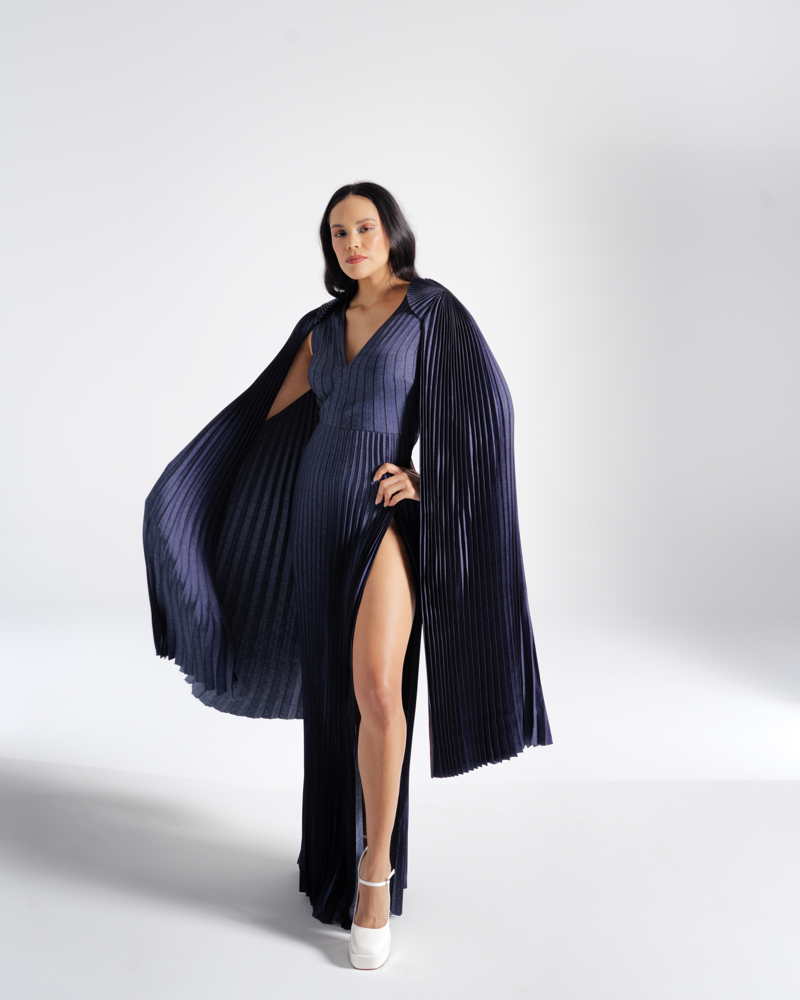
© LESLEY HAMPTON
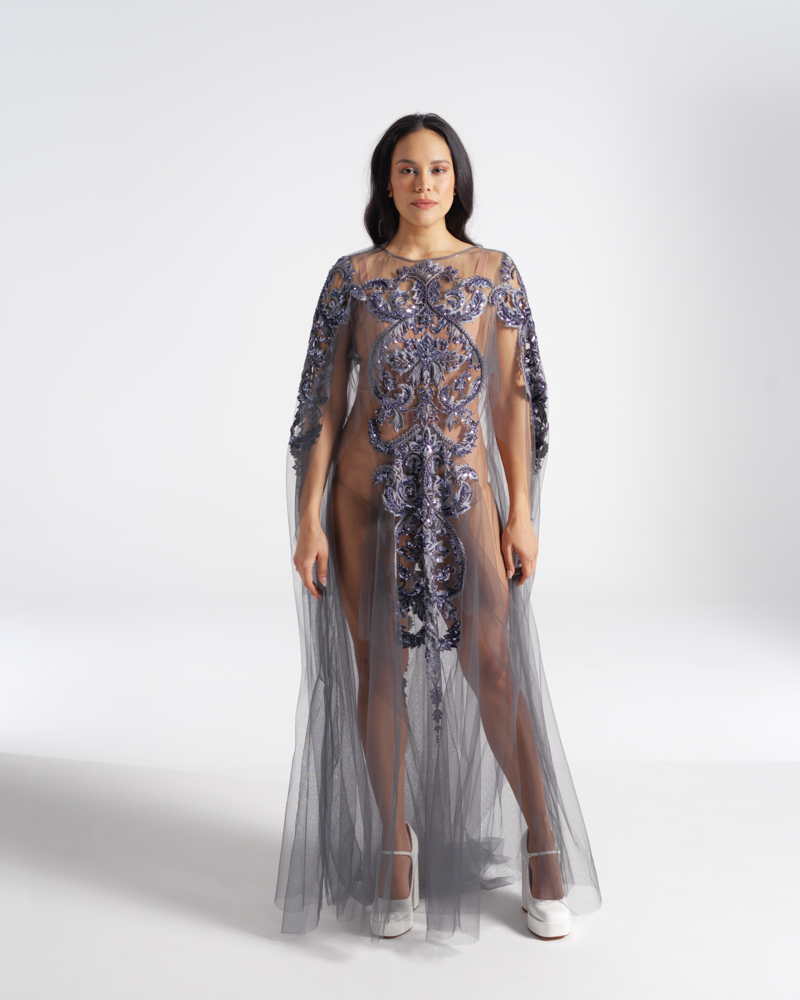
© LESLEY HAMPTON
THE SUK PROJECT
The SuK project showcased the best of craftsmanship, at times sculptural, in a warm and welcoming atmosphere of a stage set reproducing a typical Middle Eastern Suk. The brands that stood out for us were Nogoon, a brand founded by Simona Lavelli. With her knitwear, the Italian designer combines research, creativity, and love for tribal cultures. The brand offers a timeless collection that differs from the traditional logic of fashion manufacturing and quick consumption. Its ideology is guided by four key principles: quality, sustainability, personalization, and inspiration. The garments are constructed from beautiful warm and robust yarns such as alpaca and wool that is 100% handcrafted in Italy. The yarns are mulesing-free, organic, and made in Piedmont. Hand weaving is done in a small workshop in Varese, Lombardy, using manual 0-emission looms and each item is custom-made to order. The next brand is Maizena, an Italian handbag brand that combines experience, craftsmanship, and innovation. Next up is Maizena, an Italian handbag manufacturer whose connection to leather and handmade culture has given them a foundation that blends expertise, craftsmanship, and creativity. All of the bags are made entirely in Italy, due to a short manufacturing chain that includes obtaining all materials and accessories in Vicenza, where the production department is located. Last but not least, there's Kopka Accessories, a luxury knitwear company founded in Brühl, Germany, with a simple goal: to make timeless, minimalist accessories from the best materials available, such as Merino Wool, 100% Cashmere, or Cotton. All wool goods are manufactured in the European Union by an OekoTex 100-certified manufacturer. At the end of each product's life cycle, it is easy to dispose of or even recycle it.
EXPOWHITE
Under the patronage of the Ministry of Culture, the ExpoWhite project returns and continues its journey with a selection of five brands from Norway, presented by Innovation Norway in collaboration with Norwegian Fashion Hub. The goal is creativity and quality accessible to all, without the need to resort to fast fashion or high-volume production. The vision is also reflected in the concept of human sustainability, which improves the quality of life for employees by eliminating the distance between the company and home, promoting a dynamic and activity-rich lifestyle. Color Vision, Oleana, Woodling, Host and Var, and Come as you are were among the brands on display.
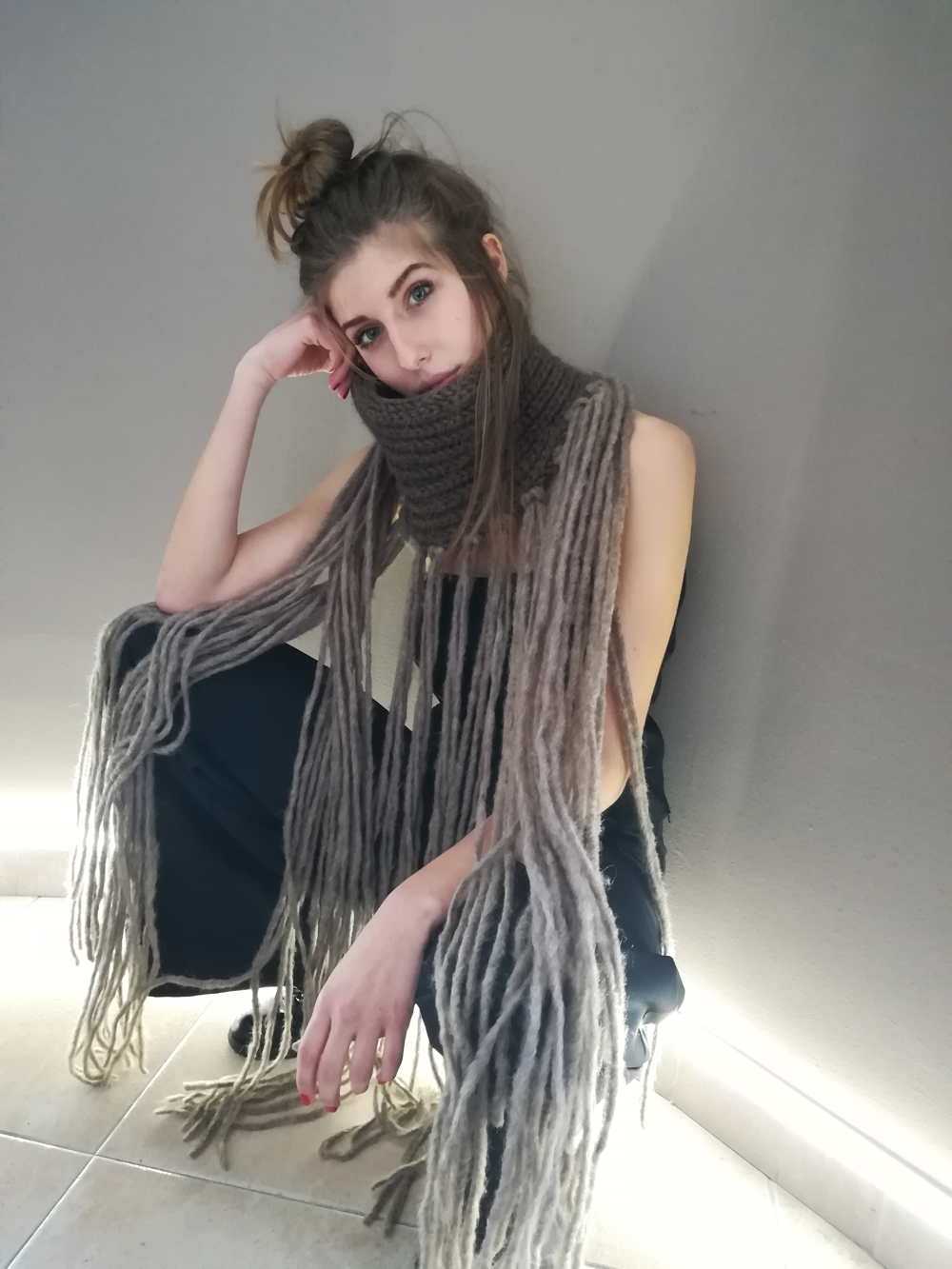
© Nogoon
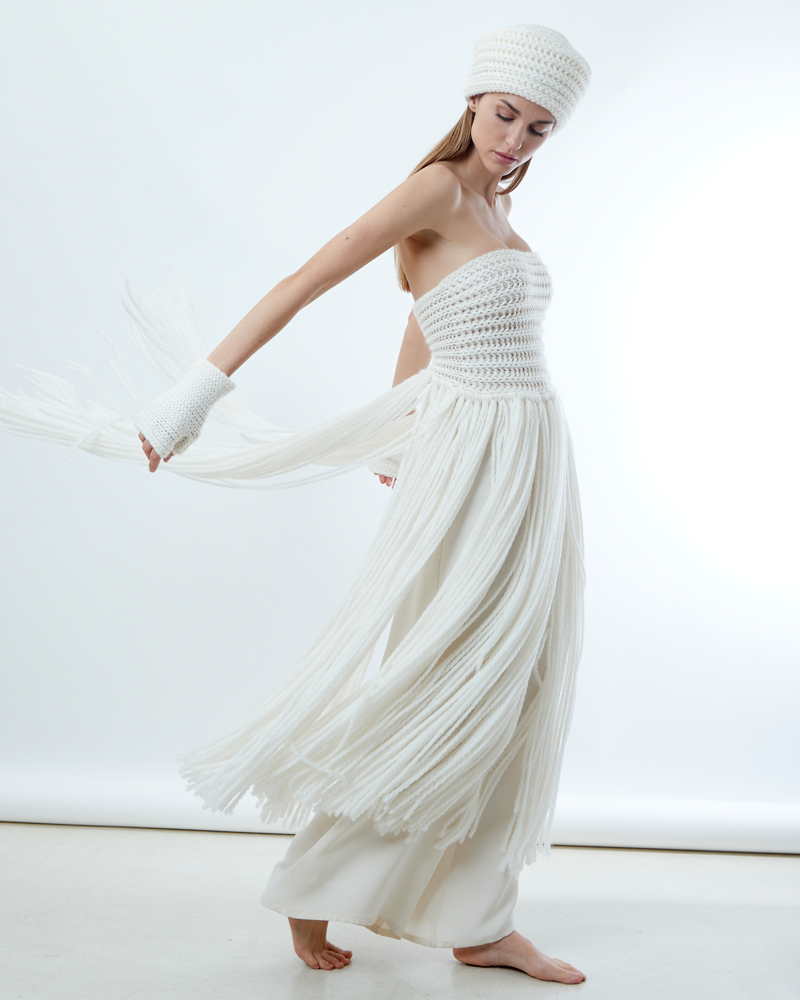
© Nogoon
Image Highlight: © Romeo Hunte.
+ Words:
Indira Jiménez
Luxiders Magazine

